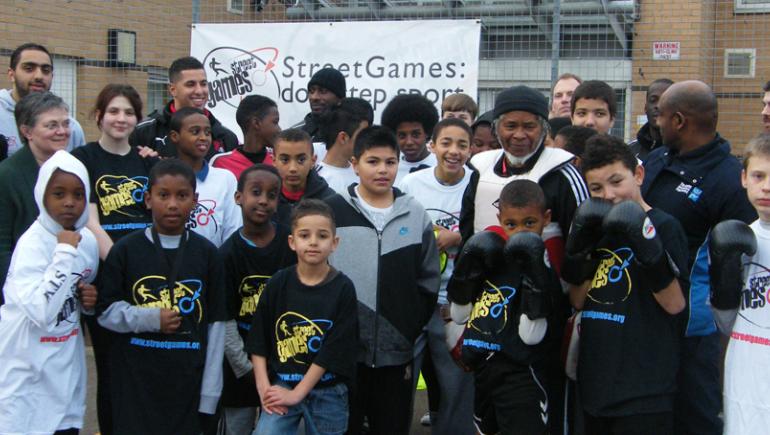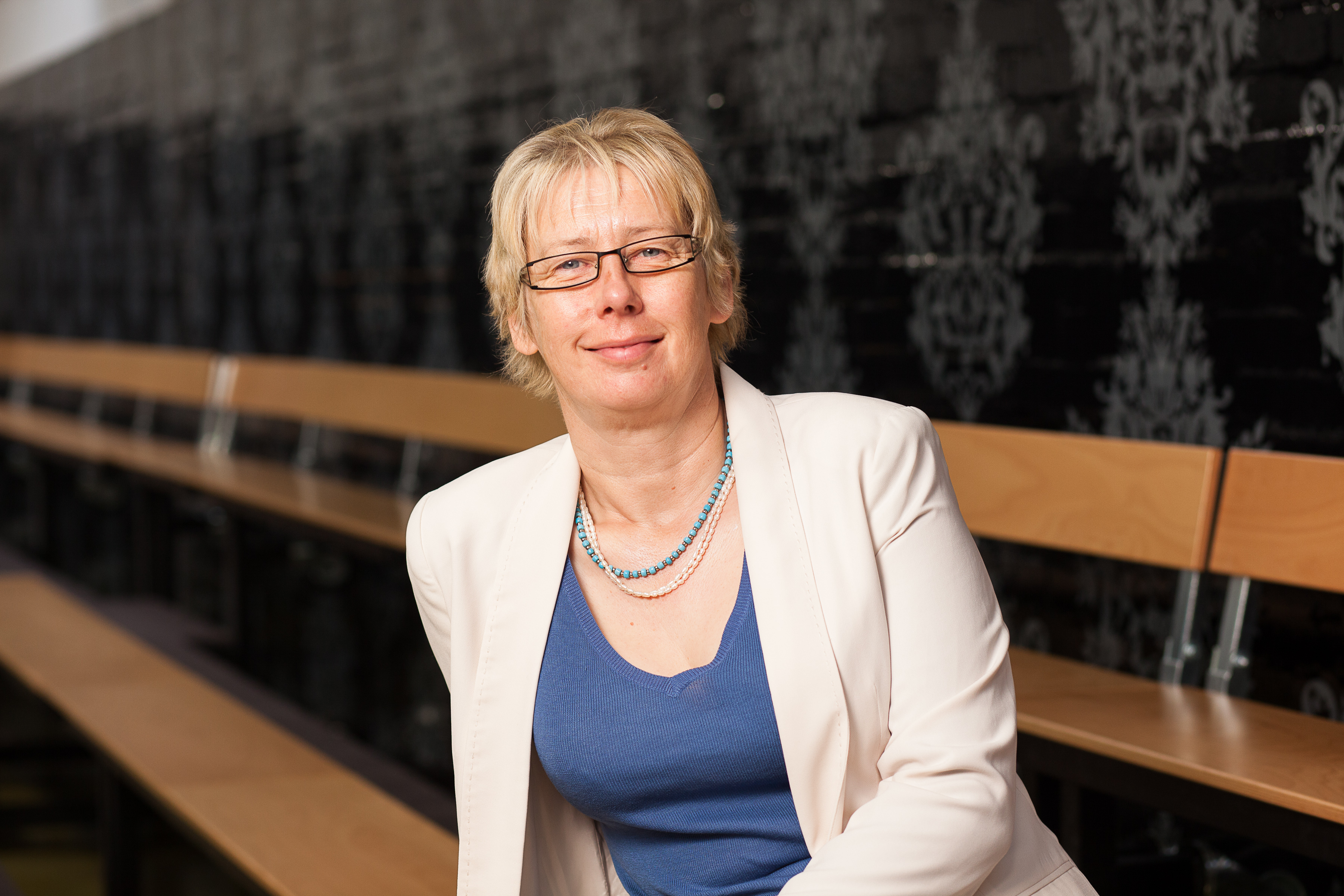 ConnectSport is working with the Sport for Development Coalition to create a monthly 'call for articles' around a particular theme. Throughout January 2019 articles will focus on 'Building stronger communities through sport and physical activity'. Here Jane Ashworth OBE, Chief Executive of StreetGames, talks about the issues facing young people in disadvantaged communities, and the role that sport can play in helping them. To submit an article, contact [email protected].
ConnectSport is working with the Sport for Development Coalition to create a monthly 'call for articles' around a particular theme. Throughout January 2019 articles will focus on 'Building stronger communities through sport and physical activity'. Here Jane Ashworth OBE, Chief Executive of StreetGames, talks about the issues facing young people in disadvantaged communities, and the role that sport can play in helping them. To submit an article, contact [email protected].
In a difficult time on many levels for the UK - from Brexit to rising youth violence - what role can sport and physical activity play in building stronger communities?
At StreetGames, we focus on young people from disadvantaged backgrounds who are facing multiple barriers. This might include families on Universal Credit who could be facing intense financial hardship, to some of the options available in terms of work. For many, short-term zero hours and insecure work is on the horizon, and you can’t build a life or a future for yourself on those terms. These problems are multiplied if you are a girl, or from an ethnic minority, or have a disability.
What sport can do for people in those communities, works on a number of levels. Sport can help to improve the quality of life in low-income neighbourhoods, and that’s important because if you grow up in a low-income family, you have to deal with your family’s shortage of money. Furthermore if you grow up in such a household on an estate where everybody else has a low income too, you have to deal with not only your own low income but theirs too. Consequently in those areas there is likely to be a weak civil society; there will be fewer leisure options available, and there’s far less money to spend on those leisure options.
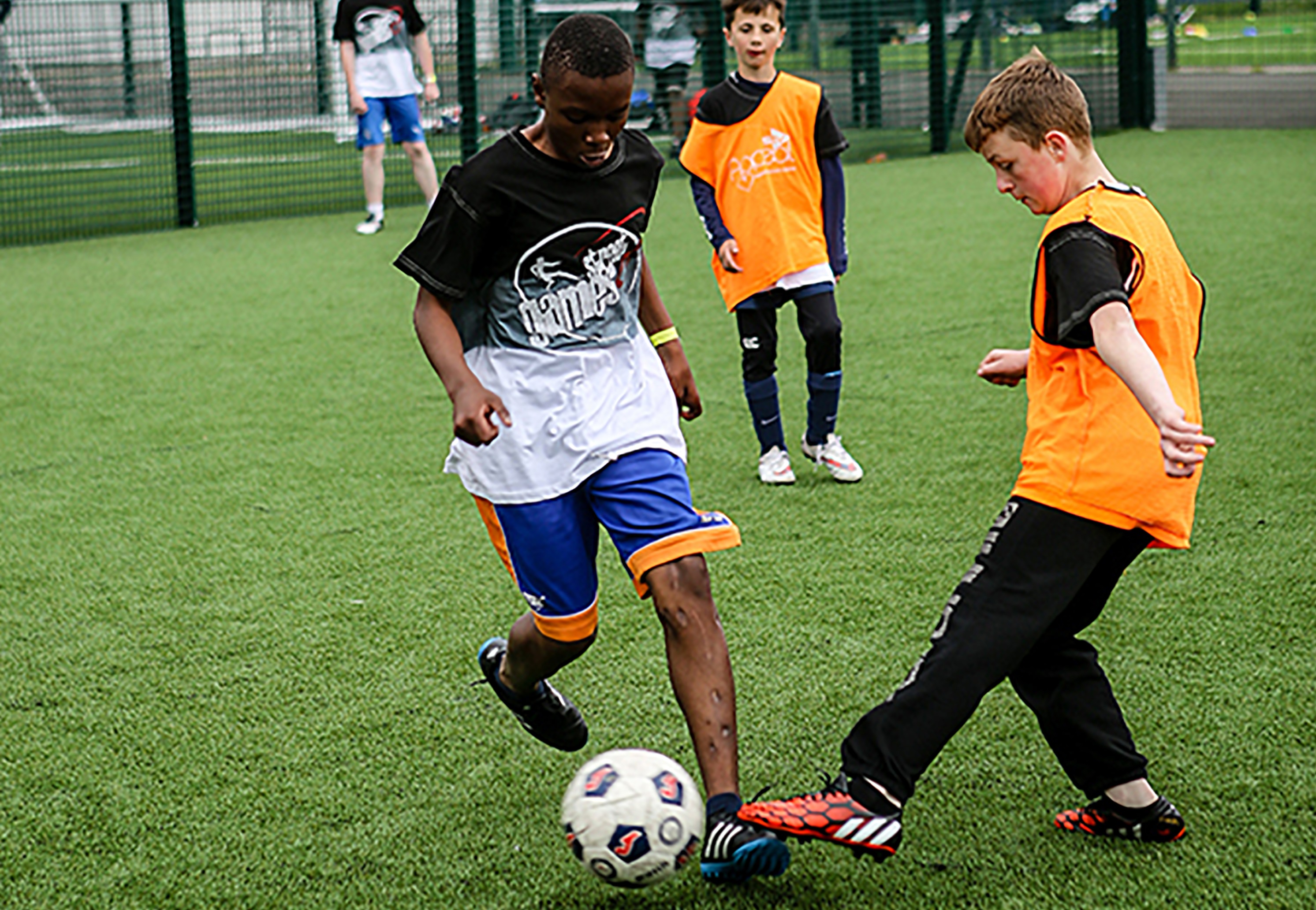
One of the best things that sport can do in those circumstances is provide a positive, pro-social setting for young people to grow up in and thrive. Secondly, it can ameliorate some of the consequences of living in a disadvantaged area, for instance not having an active lifestyle. Not being physically active is one of the reasons why disadvantaged people die up to 10 years earlier than their more affluent peers.
There may also be opportunities for individuals who become committed and connected to their local provider of sports, for example if they want to stay involved, become a volunteer leader or organiser, maybe become qualified and get a job, thus opening up pathways into the labour market.
StreetGames have been leading the way for over a decade with your programmes. Can you give us some specific examples of how it brings communities together to respond to a need?
StreetGames works with a network of around 1000 ‘locally-trusted organisations’. These organisations have an enviable reach and credibility within disadvantaged areas, and our job is to support them. They have multiple primary purposes, but all are united around the need to improve the quality of life for people within disadvantaged communities. These shared values are what holds the StreetGames network together.
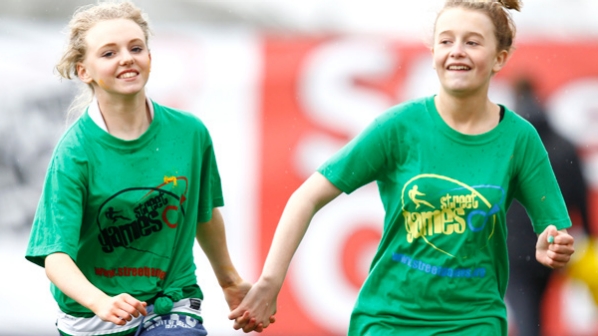
These locally-trusted organisations are sometimes the only sports providers on their patch, so through our ‘Doorstep Sport’ approach we help them to work out how best to engage with people who otherwise would have no interest in turning up – that often means moving away from the skills and drills and formal competitions which traditional sports offer and providing an environment where it’s fine to just turn up with your mates and give multiple sports and activities a go. We found that 70% of Doorstep Sport participants would otherwise not be involved in sport or physical activity through choice. Maybe there is something at school but, in leisure time, there isn’t anything so this is a methodological breakthrough.
We also discovered that what works for the 70% doesn’t work as well for young women and girls, so we developed ‘Us Girls’. This appeals to girls who are less keen on exercising in range of the male gaze and enables them to design activities that are right for them in a supportive environment.
Another example I would give is ‘Fit and Fed’. One in four parents on a low income say they sometimes have to go without themselves in order to put food on the table for their children. StreetGames, in conversation with the network, realised that when those locally-trusted organisations are putting on summer programmes, the kids were coming with inadequate lunch, or even no lunch at all. So we developed Fit and Fed which tackles the triple inequities of holiday hunger, inactivity – because there’s nothing to do – and isolation. When the previous generation was growing up, you could play out. Now that’s harder for a lot of parents and instead of playing out, kids become more isolated and lonely. A recent loneliness survey said that you are four times more likely to be lonely if you are in a lower socio-economic bracket during the teenage and childhood years.
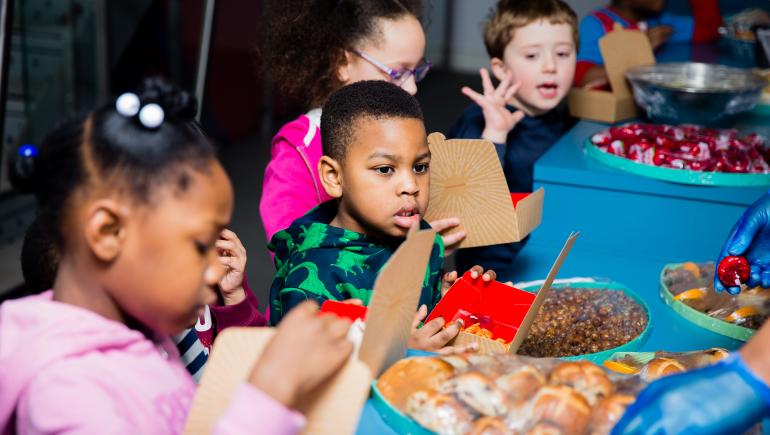
We are also working with other Sport for Development Coalition members who are part of the Alliance of Sport for the Desistance of Crime. Under this umbrella, StreetGames runs the Positive Action Group (PAG) which is dedicated to connecting youth justice and Police with the community sports world. It’s a million-pound Home Office project, overseen by the Derbyshire Police and Crime Commissioner, and our role is to find out what are the critical ingredients of an effective ASB (anti-social behaviour) reducing, sports intervention, and secondly to create a framework for collaboration between the youth justice and crime reduction agencies, and the world of sport so that we make community sport organisations a better referral site for youths who have got themselves in trouble. We hope to have that completed within the next 12 months.
Why do you think value of sport as a tool for intervention has not been more widely understood, or capitalised upon? And what needs to happen to make this a more popular concept and national conversation?
At a time when mainstream providers are making cuts, it’s a lot harder to argue that existing budgets should be ringfenced in order to free up resources to invest in something which tends to be preventative - which is sports engagement. Budgets are concentrated on the acute, targeted services rather than investing in neighbourhoods and individuals as a preventative measure. You will always struggle when that is the primary rationale because most people are focused on demonstrating in-year savings, for example.
I think possibly more people are beginning to understand the value of sport…. but there needs to be a society-wide decision to better invest in low-income youth and low-income communities. In those circumstances, the value of sport in improving lives and improving health would have a much bigger audience.
Find out more about StreetGames on their ConnectSport directory page. To add your organisation to the directory, contact [email protected]

